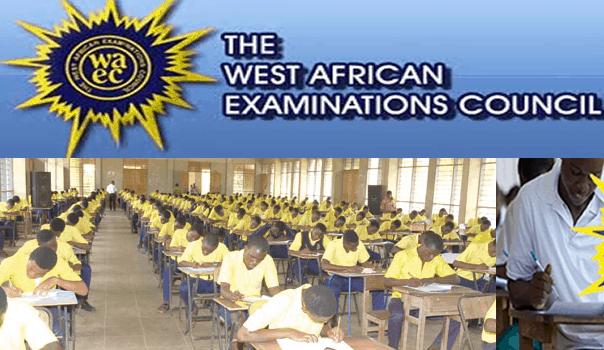Mr. Peter Obi, former Anambra State governor and presidential candidate of the Labour Party (LP), has weighed in on the controversy surrounding the 2025 Unified Tertiary Matriculation Examination (UTME).
Joint Admissions and Matriculation Board (JAMB) Registrar, Ishaq Oloyede, admitted errors in the just-concluded UTME affecting 206,610 candidates in 65 centres in Lagos and 92 centres in the Owerri zone, comprising 173,387 candidates in the five states of the South East.
“What should have been a moment of joy has changed due to one or two errors,” Oloyede admitted. “We set all the machineries in order; regardless, there were still errors.”
He added, “206,610 candidates in 65 centres were affected in Lagos, and 173,387 candidates in 92 centres in the Owerri zone, comprising the five states of the South East, were affected.”
Oloyede said he was taking personal responsibility for what he described as “a sabotage” of the 2025 UTME and stated that the affected candidates would receive text messages from the Board starting Thursday.
He did not elaborate on what taking responsibility entails.
However, he ordered that affected candidates will now have to resit the examination between May 16 and May 19, 2025.
Regional & Ethnic Bias Suspected
The release of the 2025 UTME results appeared to suggest brazen bias against South East students, at least by the assessment of some critics, with widespread outcry over low scores among candidates from the region.
The controversy intensified after Alex Onyia, CEO of Educare, released a technical report via X (formerly Twitter), highlighting possible discrepancies in JAMB’s core system. The report followed a wave of frustration from students and parents who claimed the exam results did not reflect candidates’ performance.
The public display of regrets by the registrar has done little to ease growing tensions, especially as groups such as the Academic Staff Union of Universities (ASUU) have threatened legal action, citing “unacceptable” glitches and mass failure trends.
Critics argue that the consistent underrepresentation of the South East in federal appointments, limited infrastructure, and now apparent exam irregularities underline a broader pattern of marginalisation. The issue has reignited debates over national equity, inclusion, and the need for systemic reform in Nigeria’s education sector.
Peter Obi Reacts
Reacting to all these developments in a statement he released on Thursday, Peter Obi, who’s 2023 presidential election suffered so called “technical glitch” urged JAMB and similar critical bodies to adopt comprehensive quality assurance frameworks, adding that these include rigorous testing and constant auditing of technical infrastructure.
He noted that while JAMB’s swift response and willingness to own up to its shortcomings are worthy of recognition, the incident has brought to light a far more troubling reality.
According to Obi, the emotional and psychological toll on students, and even parents, some of whom have reportedly suffered severe trauma, and in heartbreaking cases, even death, serves as a reminder of what is at stake.
In Obi’s Words
“I recently watched the heartfelt press conference delivered by the JAMB Registrar, Prof. Ishaq Oloyede, in which he acknowledged that technical glitches had affected the recently released JAMB results, impacting 379,997 candidates. His open admission of fault and the expression of deep remorse stand out as a rare but commendable display of accountability in our public institutions.
“But it raises a very concerning issue on glitches and the grave havoc it’s creating in our country, even in critical institutions like JAMB.
“While JAMB’s swift response and willingness to own up to its shortcomings are worthy of recognition, the incident has brought to light a far more troubling reality: the persistent fragility of our institutional systems.
“The emotional and psychological toll on students, and even parents, some of whom have reportedly suffered severe trauma, and in heartbreaking cases, even death, serves as a reminder of what is at stake. The integrity of examination processes and the reliability of public institutions are not optional; they are foundational to any nation’s progress.
“Going forward, JAMB and similar critical bodies must adopt comprehensive quality assurance frameworks. This includes rigorous testing and constant auditing of technical infrastructure. Moreover, transparent communication with candidates and stakeholders, coupled with the prompt resolution of arising issues, is essential to restoring public confidence.
“There must be no room for further glitches – not in JAMB, not in any arm of government. The cost of repeated failure is simply too high.”
Rate, Like 👍, Comment, share this article and Follow us on our social media handles.







